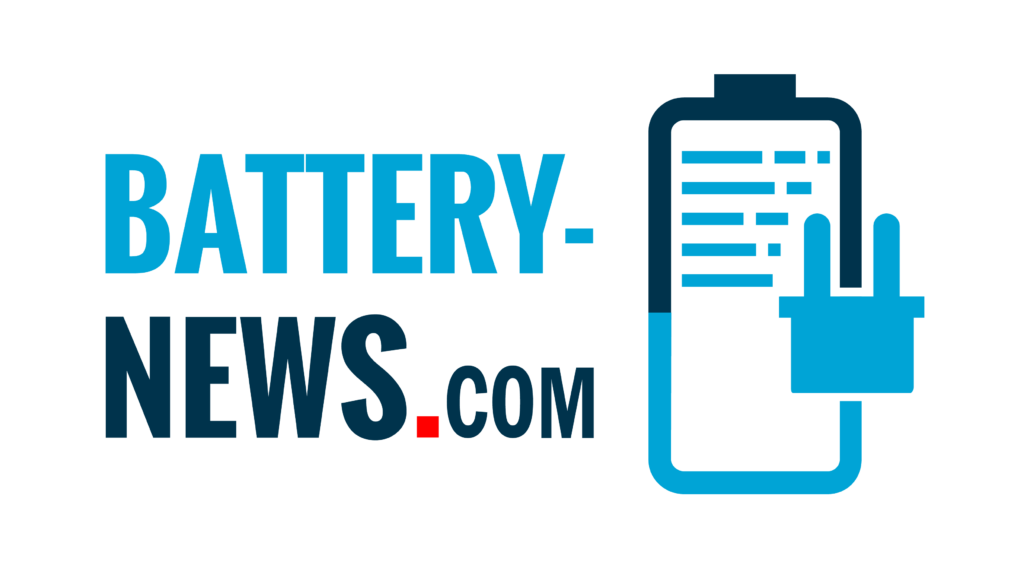LG Energy Solution and French recycling company Derichebourg are planning to build a battery recycling plant in northern France. The plant will be built in Bruyères-sur-Oise starting in 2026 and is scheduled to go into operation in 2027. According to the companies, the new facility will specialize in the pre-treatment of battery waste. This includes discharging, dismantling and shredding production waste, as well as collecting used batteries from electric vehicles. The planned plant will have a capacity of more than 20,000 tons per year. The shredded battery residues will be used to produce a so-called “black mass”, which will later be processed to recover raw materials such as lithium, nickel and cobalt. LG Energy Solution intends to reuse these materials in its own battery production. Derichebourg will supply used batteries from France and neighboring countries, while LG Energy Solution will supply production waste from its battery facility in Poland. Both companies have announced that they will further expand their cooperation in the field of battery recycling. According to LG Energy Solution, the joint venture will make an important contribution to the development of a closed raw material cycle in Europe. In doing so, the company aims to meet the regulatory requirements of the EU Battery Directive, which stipulates minimum amounts of recycled material starting in 2031. Source:https://news.lgensol.com/company-news/press-releases/3802/










